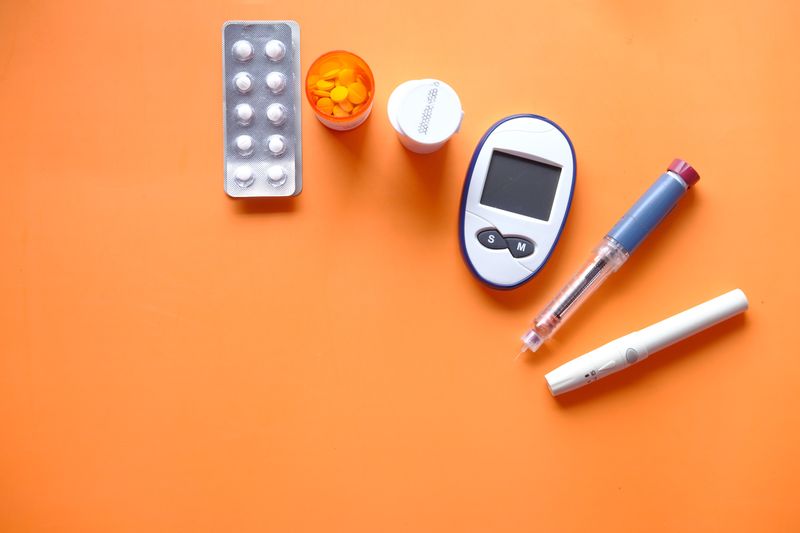 Photo by Towfiqu barbhuiya on Unsplash
Photo by Towfiqu barbhuiya on UnsplashDiabetes is a chronic (long-lasting) health condition that affects how your body turns food into energy.
Over 530 million people around the world have it, and this is expected to grow to almost 650 million by 2030. It's important to know the symptoms and risk factors of diabetes so you can:
treat and monitor the condition if you have it
make health choices that will help reduce your risk of developing it
What is diabetes?

Diabetes is a disease that causes high blood sugar levels in your body.
When you consume food, your body breaks it down into a sugar called glucose, which then runs through your bloodstream.
An organ called the pancreas then releases insulin, a hormone that helps your blood sugar enter your cells. The cells use this blood sugar for energy.
Someone with diabetes either doesn't produce enough insulin or their body doesn't effectively use the insulin it makes. This causes too much blood sugar to remain in your bloodstream, which can have many negative health effects.
What are different types of diabetes?
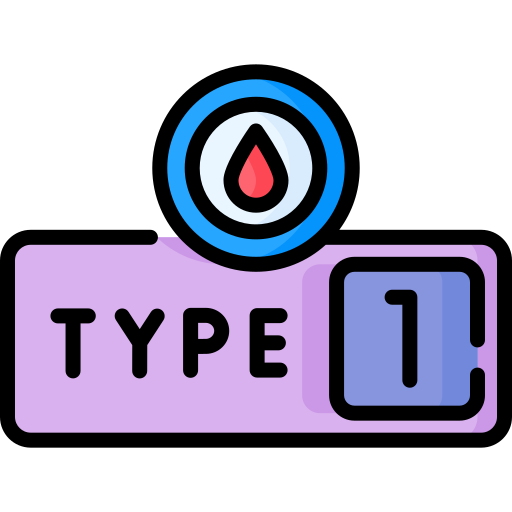 Type 1
Type 1
your immune system accidentally attacks your body and prevents it from producing insulin
often diagnosed in children and teens
may be caused by genetics or viruses
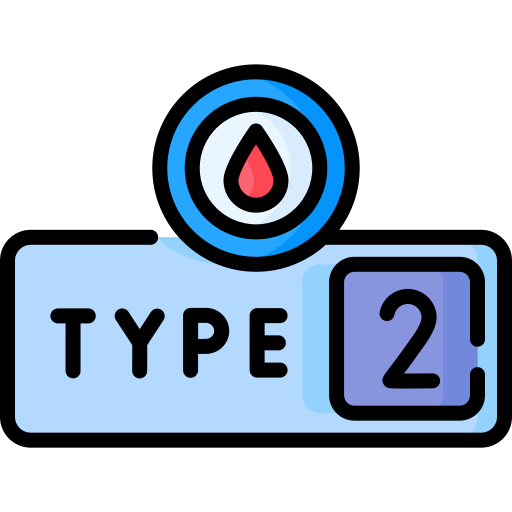 Type 2
Type 2
your body has difficulty managing blood sugar levels or properly using insulin
can develop over many years, often as a result of lifestyle factors
often diagnosed in adults
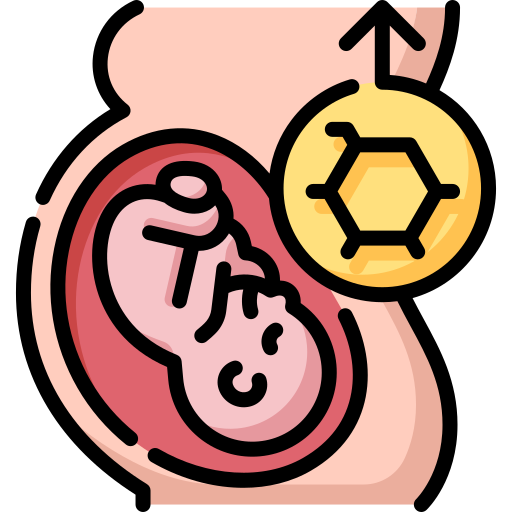
People can also develop gestational diabetes during pregnancy because of hormonal changes that affect insulin production. Gestational diabetes can:
cause pregancy and birthing problems
increase the risk of developing type 2 diabetes after pregnancy
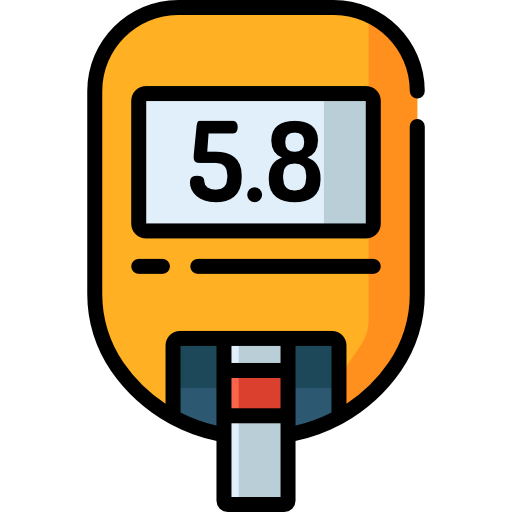
People with all types of diabetes need to carefully monitor their blood sugar levels every day. People with type 1 will need a daily dose of insulin for survival.
What are the early signs of diabetes?
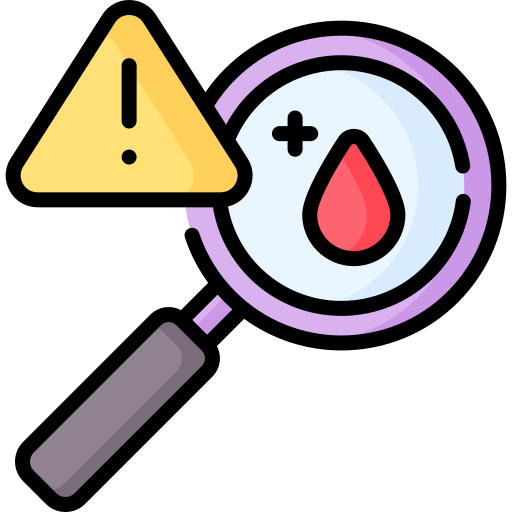
See a doctor if you're experiencing these symptoms:
feeling tired or shaky
lots of hunger and/or thirst
frequent urination, especially at night
tingling feelings in your hands or feet
unexpected weight loss
blurred vision
Quiz
Which one of the below is a common symptom of diabetes?
What are the risk factors of diabetes?

You have a higher risk of type 1 diabetes if someone in your family already has type 1. It's also more likely to develop in your childhood, teen years, or early adulthood.
You have a higher risk of type 2 diabetes if:
you're overweight
you don't exercise enough (fewer than 3 times per week)
someone in your family already has type 2
you had gestational diabetes during your pregnancy
In the US, people from various communities (African American, Indigenous, Hispanic/Latinx, Asian American, and Pacific Islander) are at higher risk for type 2, while Caucasian people are at a higher risk for type 1.
How do I reduce the risk of diabetes?
It's difficult to reduce the risk of type 1 diabetes because it's unclear exactly what prevents it, but you can reduce your risk of developing type 2 diabetes by making healthy choices with your diet and being physically active.

Dietary choices:
Eat plant-based foods with lots of fiber — fruits, green vegetables, whole grans, and beans — to help keep your blood sugar levels low.
Eat healthy fats — olive oil, some types of seed oil, nuts, seeds, and fatty fish — and limit your intake of dairy and meat (or consume low fat dairy and lean meats).
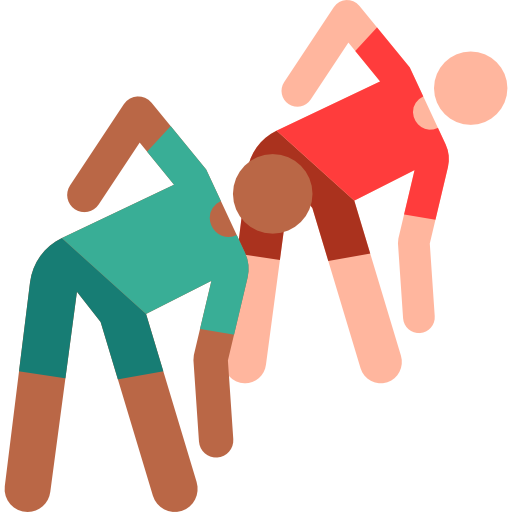
Physical activity:
Exercise regularly — at least 2 to 3 times per week for 30 minutes — to help you lose weight and maintain healthy blood sugar levels.
Make sure to move during the day, especially if you have to sit a lot for a job or school.
Take Action
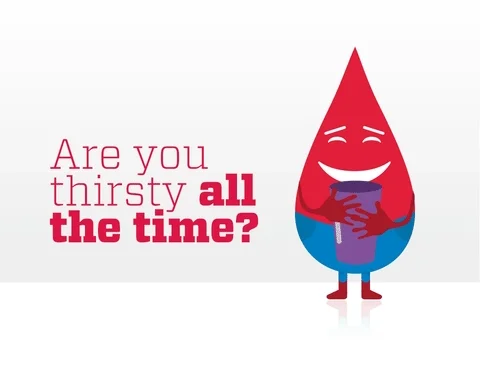 If you think you're at risk for diabetes, or experiencing early signs of diabetes, visit a doctor and get tested.
If you think you're at risk for diabetes, or experiencing early signs of diabetes, visit a doctor and get tested.
Check out these resources to learn more:
Your feedback matters to us.
Do you feel like you + Identify common risk factors for diabetes.?
